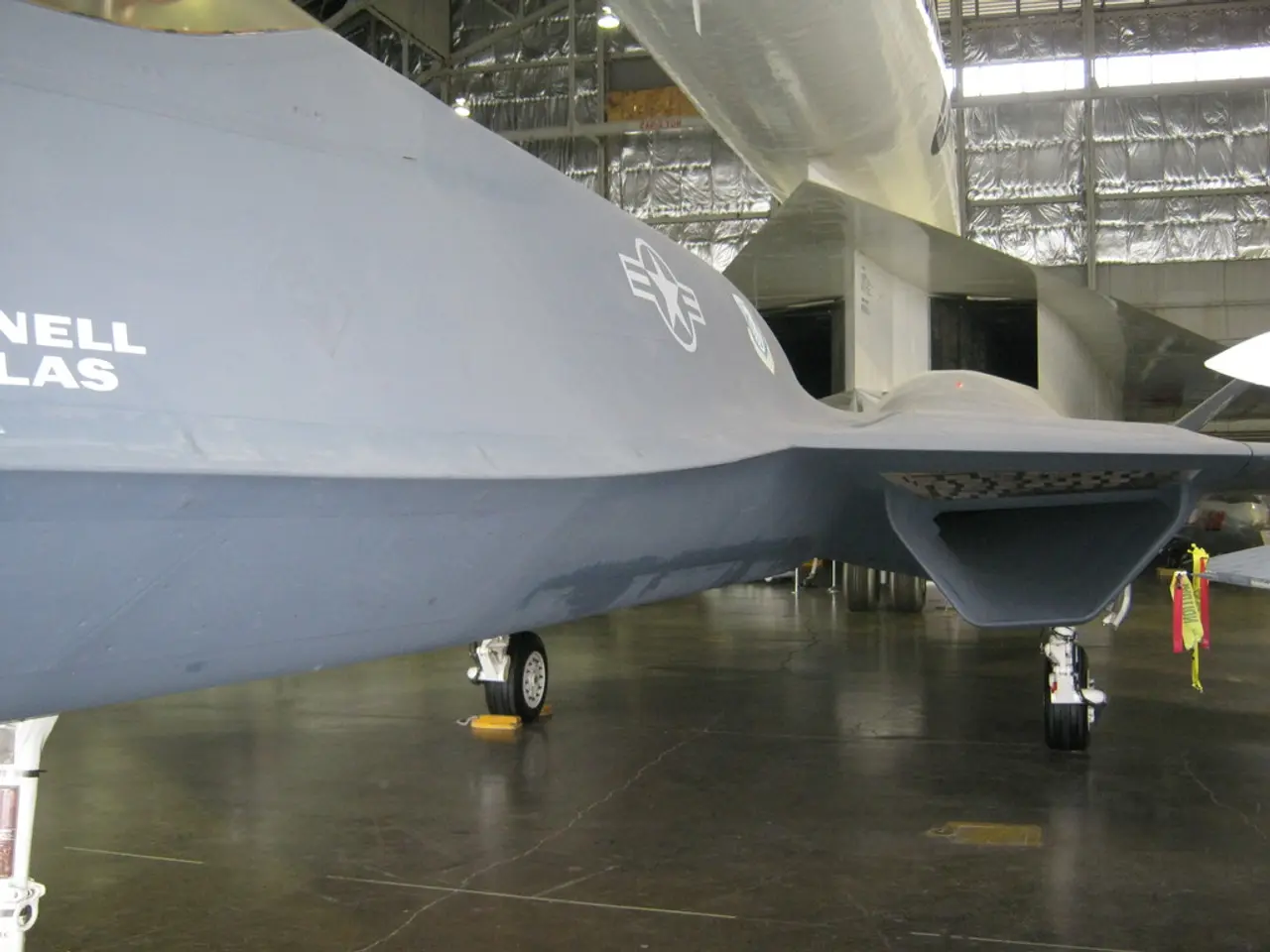World powers urged to jointly establish a "pilot ethics accord" amid allegations of countries stealing each other's air force personnel.
India Proposes Global Code of Conduct on Airline Staff Hiring at ICAO
In a bid to address the issue of skilled aviation workers being poached by foreign airlines, India has formally proposed a new global "code of conduct" on hiring airline staff at the International Civil Aviation Organization (ICAO).
The working paper, submitted in early August 2025 ahead of ICAO’s 42nd Assembly scheduled for late September to early October 2025, aims to help India achieve its ambitious target of 300 million domestic passengers by 2030. The proposal calls for a balanced code to manage staff mobility while ensuring operational safety and continuity, including standardized notice periods for hiring across countries.
However, the proposal has faced opposition from Indian pilots and their associations. They claim that the suggested lengthy notice periods (six months for first officers and one year for captains) and related restrictions infringe on their fundamental rights and risk creating conditions akin to bonded labor.
As of August 2025, the debate continues within ICAO and among Indian stakeholders. Key points to watch include whether India will clarify or revise its working paper in response to domestic opposition, whether pilots’ unions will legally challenge the notice and “no objection certificate” rules, and whether ICAO members will opt for voluntary guidelines or binding international rules on ethical recruitment practices.
India's civil aviation sector, led by IndiGo and Air India, is one of the world's fastest-growing markets. However, it is currently facing a shortage of experienced pilots, affecting its growth as a global aviation hub. This shortage is exacerbated by the recruitment of Indian staff by foreign airlines, which creates a vicious cycle, forcing Indian carriers to continuously recruit and train replacement personnel.
The issue of poaching of Indian pilots has been a contentious one, with incidents such as the 2023 spat between Air India and Akasa Air over the poaching of pilots domestically. Major international airlines like Emirates, British Airways, and Lufthansa operate regular flights in India, repeatedly hiring skilled staff from Indian airlines, impacting India’s civil aviation sector growth.
The Indian Civil Aviation Ministry was not immediately available for comment. The recent fatal crash of an Air India jetliner has led to tighter scrutiny of the sector, but the issue of staff poaching remains a significant concern.
The proposed code of conduct, if implemented, could potentially address this concern and help India's civil aviation sector achieve its planned and orderly growth. The outcome of the debate at ICAO's 42nd Assembly will be closely watched by stakeholders around the world.
- The news about India's proposed global code of conduct on airline staff hiring at ICAO has sparked interest in the sports, business, health, lifestyle, technology, and games sectors, as the aviation industry's growth is closely tied to these areas.
- The debate over the proposed code of conduct within ICAO and among Indian stakeholders is not just a matter of news, but also a key topic in the sports world, as the shortage of experienced pilots affects the performance and safety of airline operations.
- The proposed code of conduct, if implemented, could potentially have a significant impact on the business sector, as it might help Indian airlines retain their skilled staff, reducing the costs associated with ongoing recruitment and training.
- In the context of the ongoing discussions at ICAO and the potential changes in recruitment practices, the games industry might consider creating simulations or games that explore ethical recruitment scenarios, helping to educate future aviation professionals on the importance of fair hiring practices.




